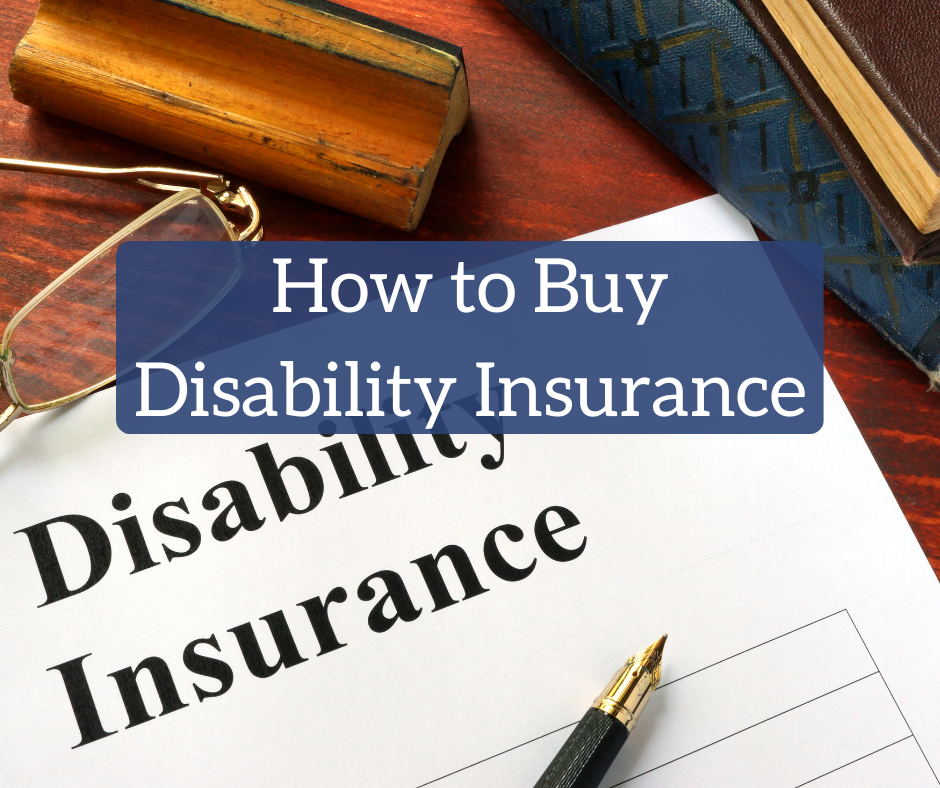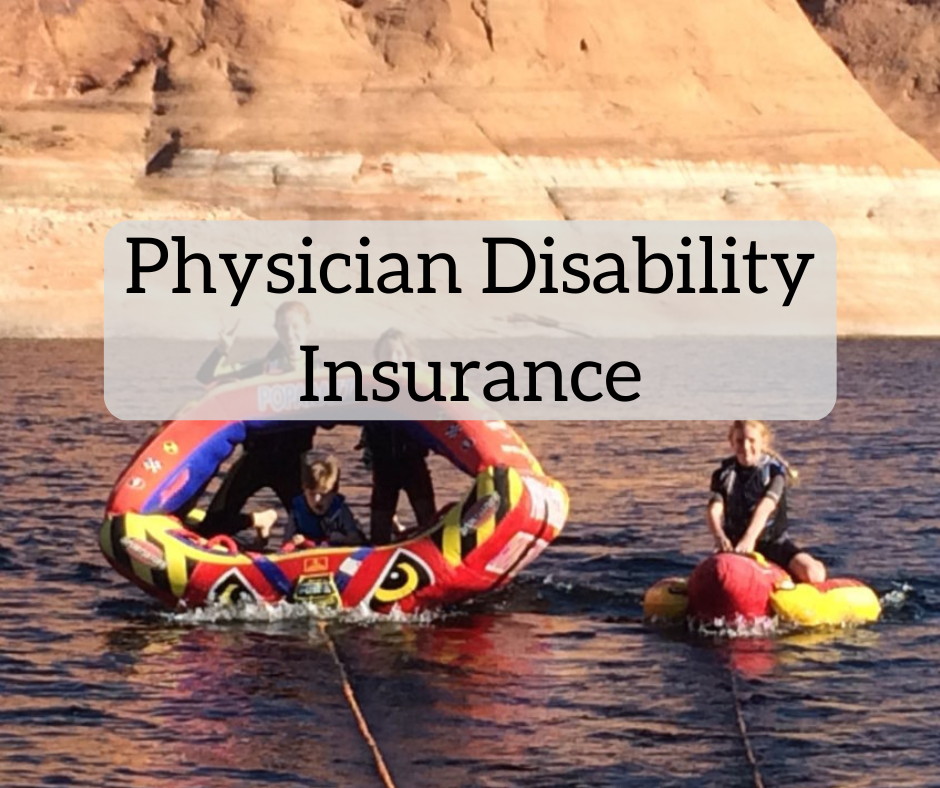Hi y’all
I am 2 years out. I work in a large podiatry practice. Mix bag of office, nursing home and hospital work. Pay decent I am not happy nor am I miserable.
However I was evaluating my goals the other day and that’s what got me to post on here.
I don’t know if I am the only one but since school till residency there were goals to hit, there were attendings to ask or maybe mentor you, there were was always a check list of the stuff you have to get done to move on to the next stage.
Now that I am in PP as an associate I find myself just going about the motions with no goal in mind. Maybe the goal of hitting my numbers for boards or making my bonus. But nothing else….
I have my family to provide for and loans to pay off. Which I am doing through my job but I just don’t know what else I should be doing….
For the attendings who are few years out what are you doing ? What are your goals and how are you getting there
I am 2 years out. I work in a large podiatry practice. Mix bag of office, nursing home and hospital work. Pay decent I am not happy nor am I miserable.
However I was evaluating my goals the other day and that’s what got me to post on here.
I don’t know if I am the only one but since school till residency there were goals to hit, there were attendings to ask or maybe mentor you, there were was always a check list of the stuff you have to get done to move on to the next stage.
Now that I am in PP as an associate I find myself just going about the motions with no goal in mind. Maybe the goal of hitting my numbers for boards or making my bonus. But nothing else….
I have my family to provide for and loans to pay off. Which I am doing through my job but I just don’t know what else I should be doing….
For the attendings who are few years out what are you doing ? What are your goals and how are you getting there


 sorry), but i am very very happy with my job. For others it might mean starting a practice, going hospital, or joining a MSG
sorry), but i am very very happy with my job. For others it might mean starting a practice, going hospital, or joining a MSG  . just depends what you want.
. just depends what you want.
